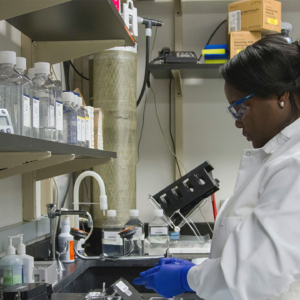Science, Technology and Society

In this policy briefing, Yaniv Benhamou, author of 'Creative Value Chains', warns that digital platforms drain value from the creative ecosystem and calls for reforms to ensure fairer rewards for all contributors.…Read more

From Bristol University Press and Policy Press, Transforming Society shares the powerful stories rooted in our research, showing how ideas can shape a fairer, better society.…Read more

Ray Brescia, author of 'Lawyer 3.0', suggests that artificial intelligence won’t replace lawyers so much as force the profession to rethink its role by combining technology with human judgment, empathy and advocacy to better solve clients’ legal problems and close the access-to-justice gap.…Read more

The editors of the Journal of Gender-Based Violence argue that digital violence against women extends offline patriarchal abuse and demands urgent feminist action and accountability.…Read more

Briony Anderson, author of Doxxed, highlights how digital violence and privacy abuse are rapidly escalating gendered threats that particularly endanger women, girls and gender-diverse people, underscoring the urgent need for intersectional activism to protect their digital safety and autonomy.…Read more

Elizabeth Rasekoala’s award-winning book 'Race and Sociocultural Inclusion in Science Communication', calls for a global decolonisation of science communication, challenging systemic inequities and fostering inclusive, transformative practices that bridge Global North–South divides.…Read more

José Marichal, author of 'You Must Become an Algorithmic Problem', examines how algorithmic personalisation lulls us into predictable, familiar choices that erode exploration and, over time, threaten the foundations of liberal democracy.…Read more

David Bailey and Masoumeh Iran Mansouri argue that while AI’s rapid rise offers immense promise, its grave risks may outpace weak safeguards like the EU’s AI Act unless met with far stronger resistance.…Read more

Kate Hamblin, Grace Whitfield, and James Wright explore how, despite growing enthusiasm for AI in UK social care, its use raises pressing ethical, equity, and ecological concerns that undermine claims of efficiency and effectiveness. Ask ChatGPT …Read more

Janos Mark Szakolczai, author of 'Onlife Criminology' shows how the Onlife blurs digital and physical boundaries, creating a hyperconnected world where surveillance, control, and resistance define everyday life and its hidden harms.…Read more


